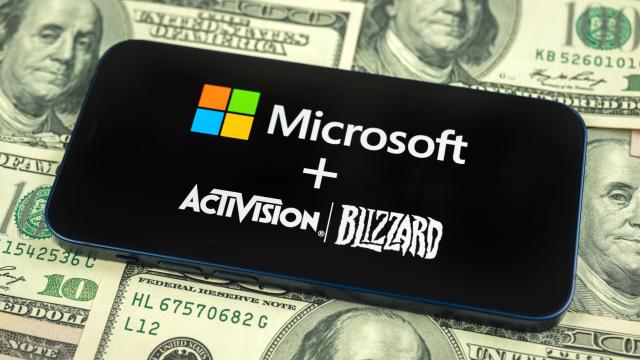If big business mergers were a game of Pac-Man, where every pellet was a small company and each power pellet was a juicy merger, then tech companies would be playing a perfect game. In this admittedly overstretched metaphor, some U.S. regulators are desperately trying to pull the arcade cabinet’s chord, but it’s not going as well as some hoped.
We have billion dollar tech mergers being announced practically every week. On Thursday, Amazon announced it was signing a $US3.9 ($5.63) billion merger deal with primary care practice company One Medical. Why does Amazon need medical care in its portfolio? Well the company wants to bridge into the online pharmacy and telehealth business. As if Amazon already didn’t control so many parts of our online experience.
Lina Khan, the Federal Trade Commission chair, has said that the best way to break up today’s big conglomerates is to look to the past, specifically to the early 1910’s and the age of Teddy Roosevelt trust busting. Despite her lofty goals, for much of year or so she’s been in charge of the agency that’s been stymied by partisanship among commissioners, with a 2-2 split along party lines. Republicans in Congress delayed a vote on a fifth commissioner that would give Democrats the majority until this past May.
Khan is an out-and-out critic of how large big tech has become. Amazon has been a particular boogeyman for Khan’s vision of the FTC. In fact it was her 2017 paper detailing how to best wrangle the tech behemoth that put her in the national spotlight. Without the majority, Amazon was able to gobble up MGM Studios for $US8.5 ($12.27) billion. The FTC is moving along with an antitrust probe over that acquisition.
The FTC is building an antitrust case against Meta, though that could still be months down the pipe. Despite original thoughts that Khan would upend the status quo, there haven’t been any major setbacks for tech companies and their multi-billion dollar acquisitions. It’s been a critique of her’s that she’s tried to answer by saying there’s more action coming, just wait and see.
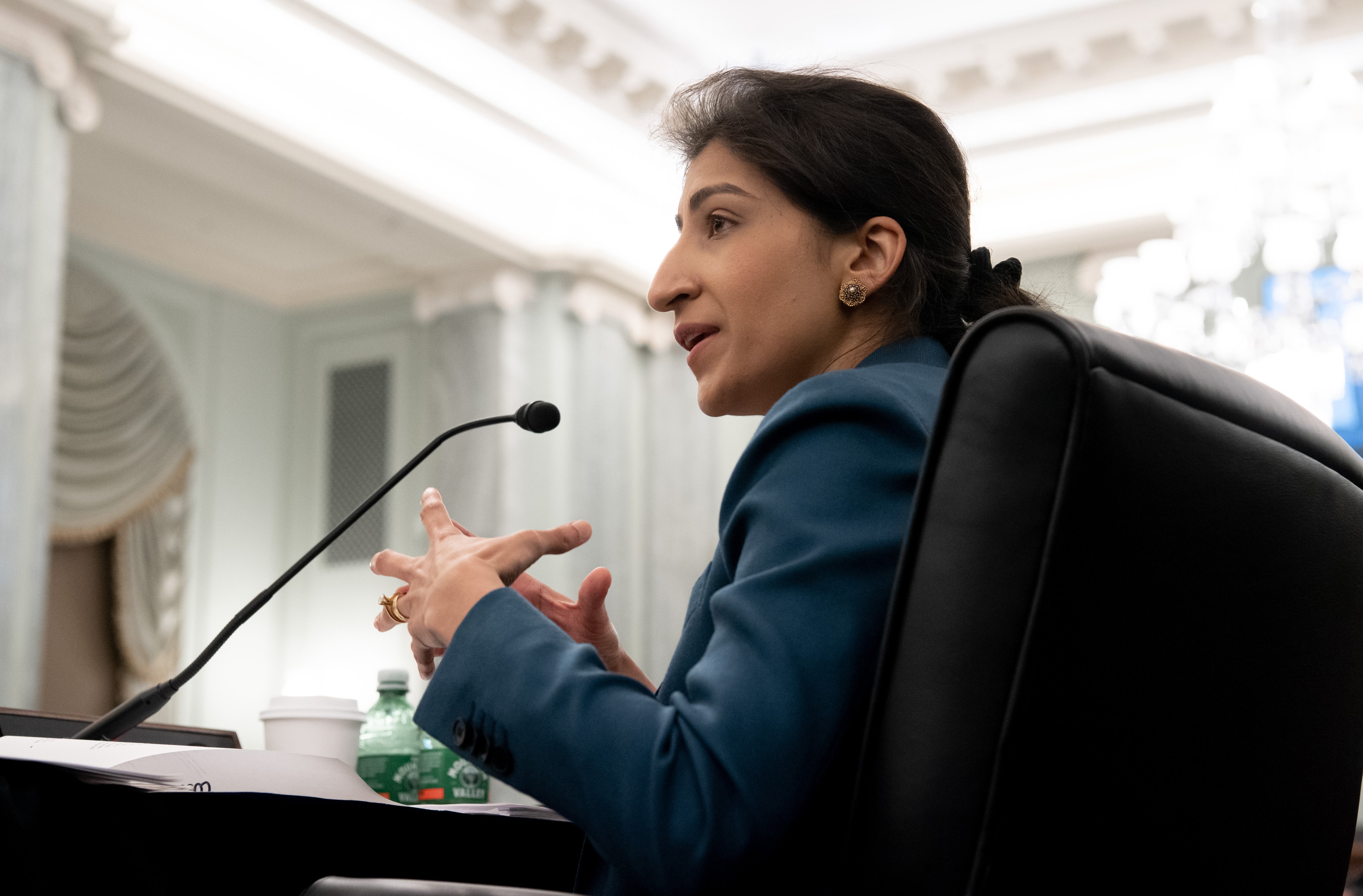
It’s a big problem, for Khan, with not just big mergers causing consternation but the smaller acquisitions as well. The FTC’s 2021 review of its own logs revealed a sizable chunk of those acquisitions over $US1 ($1.44) million went unreported to the commission. The agency has said it can look at past acquisitions for some of the largest tech companies, but still, big tech is ravenous for any new innovations they think will give them the edge. From January to September in 2021, The Washington Post reported that there were nearly 3,000 mergers and acquisitions that got little attention from either media or regulators.
Bloomberg reported that Khan’s efficacy in her position may be timed, especially if Republicans take back one or both houses of Congress after the November elections.
At the same time, massive antitrust bills are making their way through congress, and the debate over how “big” big tech can be seems to be coming to a head. The largest tech companies which have been acquiring tech companies both big and small could face a reckoning as bills like the The American Innovation and Choice Online Act could separate their marketing aspect from their tech facets. The bills have their supporters and detractors in Congress and in the media, and could come to a vote this summer.
And the largest tech companies are doing everything they can to stave off regulation and oversight. Apple spent nearly $US2.5 ($3.61) million on lobbying to fight the bill. Meta reportedly spent $US4 ($5.77) million on grassroots campaigns to get regular people to decry the new bill.
As Kahn and regulators are spoiling for a fight, here are few examples of the deals tech companies are looking to — or already have–inked since the start of this year.
Shopify to Acquire Deliverr for $3 Billion
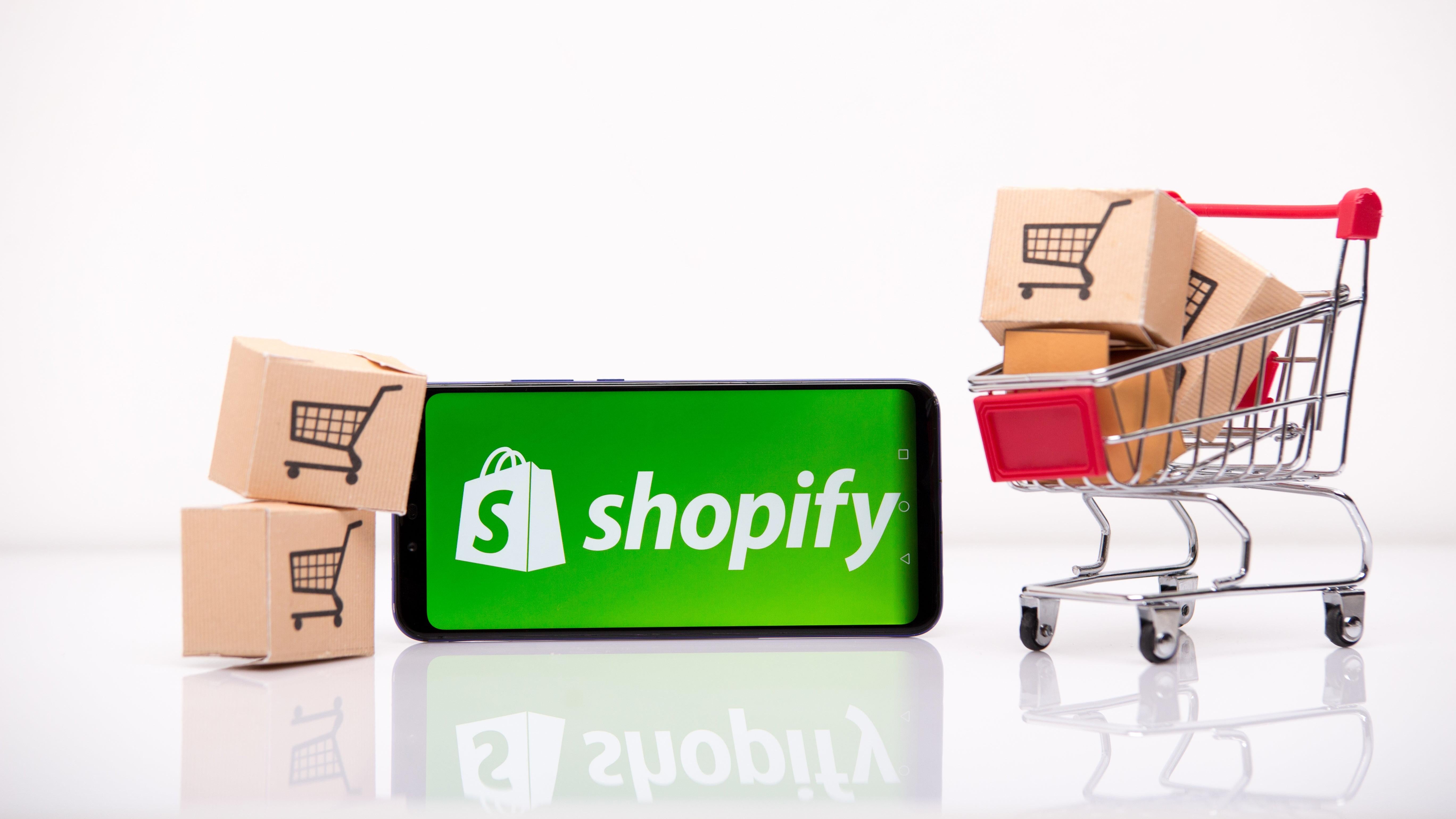
Shopify, the Canadian e-commerce company, announced it was acquiring Deliverr, a fulfillment tech company for $US2.1 ($3) billion back in May. The idea is that they’d use Deliverr’s logistics network for Shopify’s own delivery needs. With the rise of Amazon Prime, the competition for two-day delivery has grown fierce. Deliverr rents warehouse space in particular locations determined through machine learning analytics to “pre-position” their products for easier delivery. Shopify needs this now since it has suffered in the post-pandemic tech pseudo recession, according to Protocol.
HP to Acquire Poly for $4.76 Billion
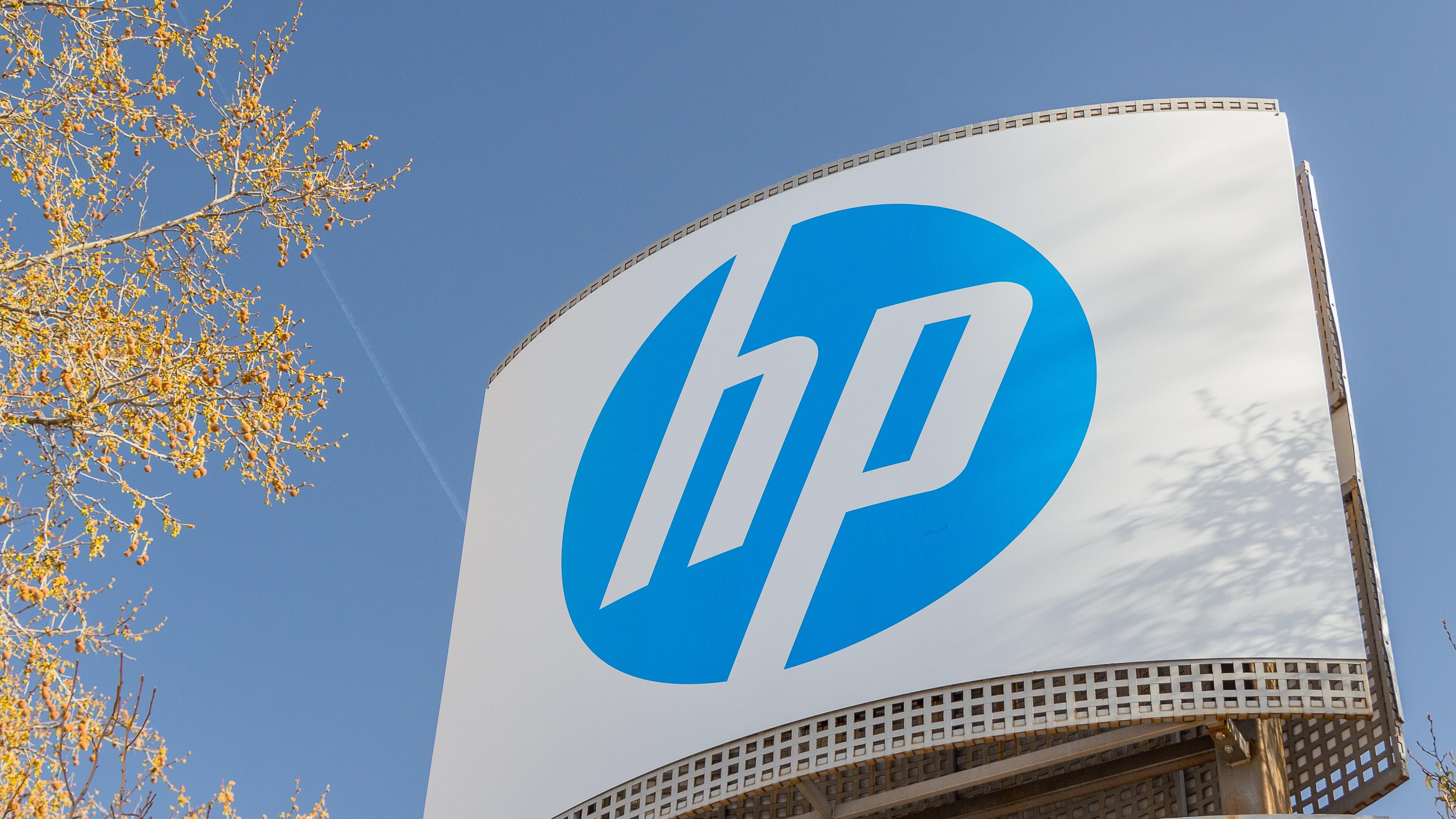
The company once known as Plantronics, a longtime independent manufacturer of headphones, announced in March it was being bought up by tech OG HP for a total $US3.3 ($4.76) billion. The FTC still has to review the purchase, and the companies anticipate the deal will finalise by the end of 2022, according to Reuters. The company was a leader in Bluetooth headphones back in the day, but in the end it could never compete with big tech.
Amazon to Acquire One Medical for $5.63 Billion
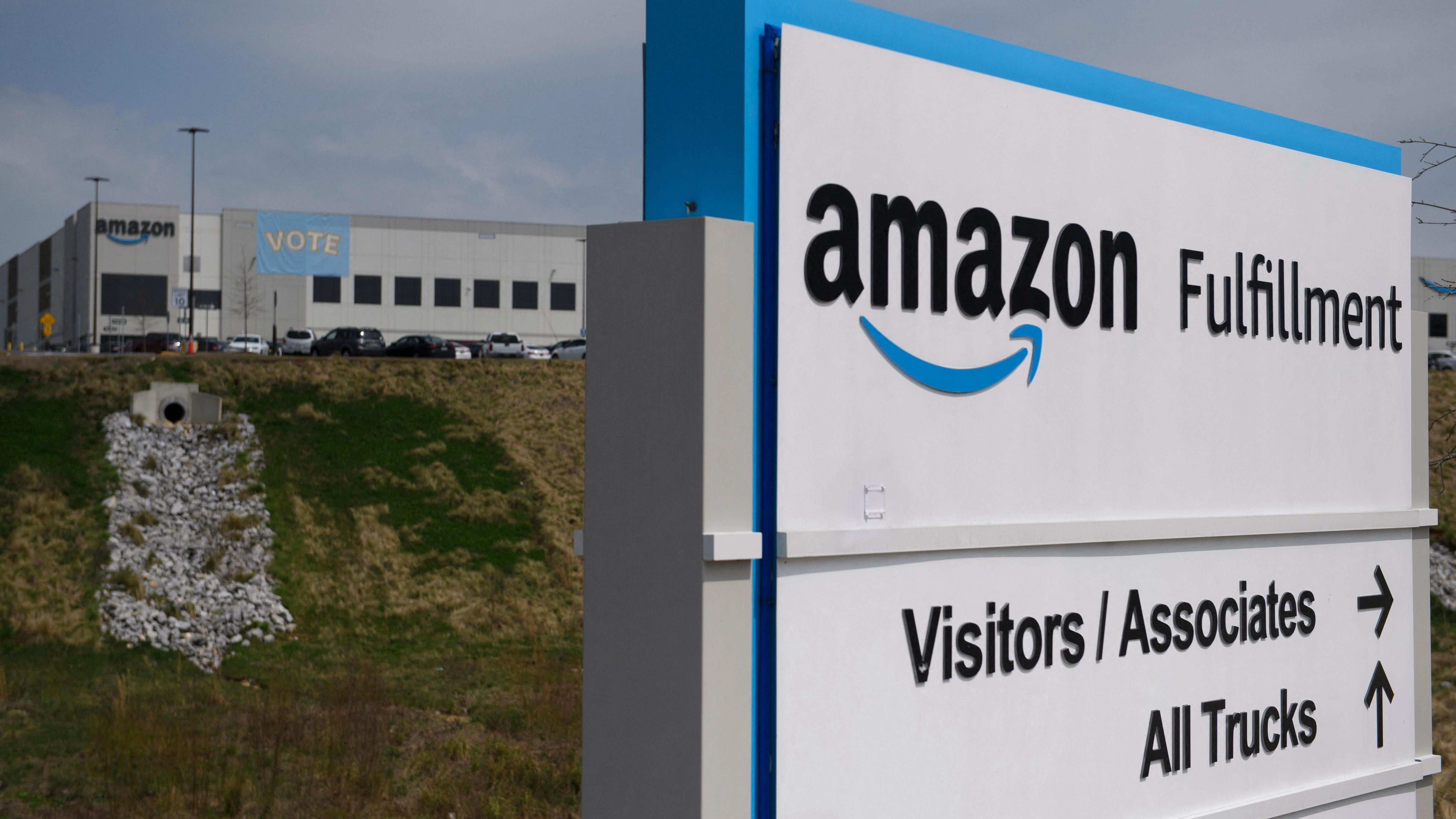
As already mentioned, this is just one of the latest deals to catch the eye of financiers and regulators concerned with the vast size of some of these tech giants. The $US3.9 ($5.63) billion deal will also acquire One Medical’s outstanding debt.
In a release, Amazon’s Neil Lindsay, the SVP of Amazon Health Services, said “We think health care is high on the list of experiences that need reinvention.” Though it’s not reinventing health care to make it available to the vast majority of Americans who need it. Instead, Lindsay said it focuses on the convenience factor, from having to take time off work to lingering in waiting rooms. It’s a bit concerning to think Amazon thinks it know what people want from their health care, versus what they actually need.
Intel to Acquire Tower Semiconductor for $7.8 Billion
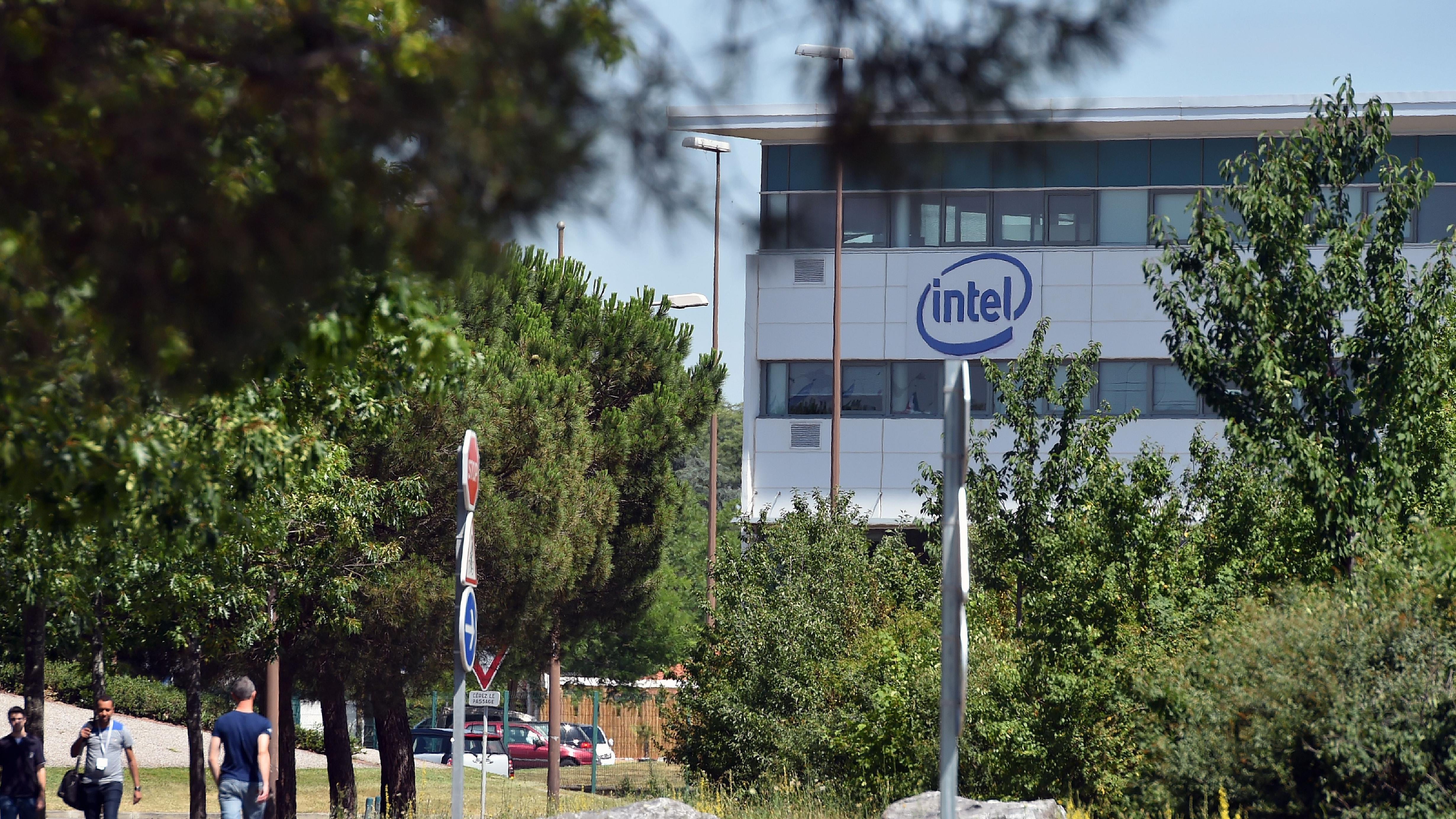
In February, chip manufacturer Intel announced it was taking over Israel-based Tower Semiconductor, for $US5.4 ($7.8) billion. Tower has a lot of different coloured eggs in quite a few baskets. The company works on CMOS imaging sensors and integrated circuits, just to name a few. Intel apparently needs more help with its chip manufacturing during the ongoing chip shortage, and it desperately needs more capacity.
Google Acquires Mandiant for $7.8 Billion
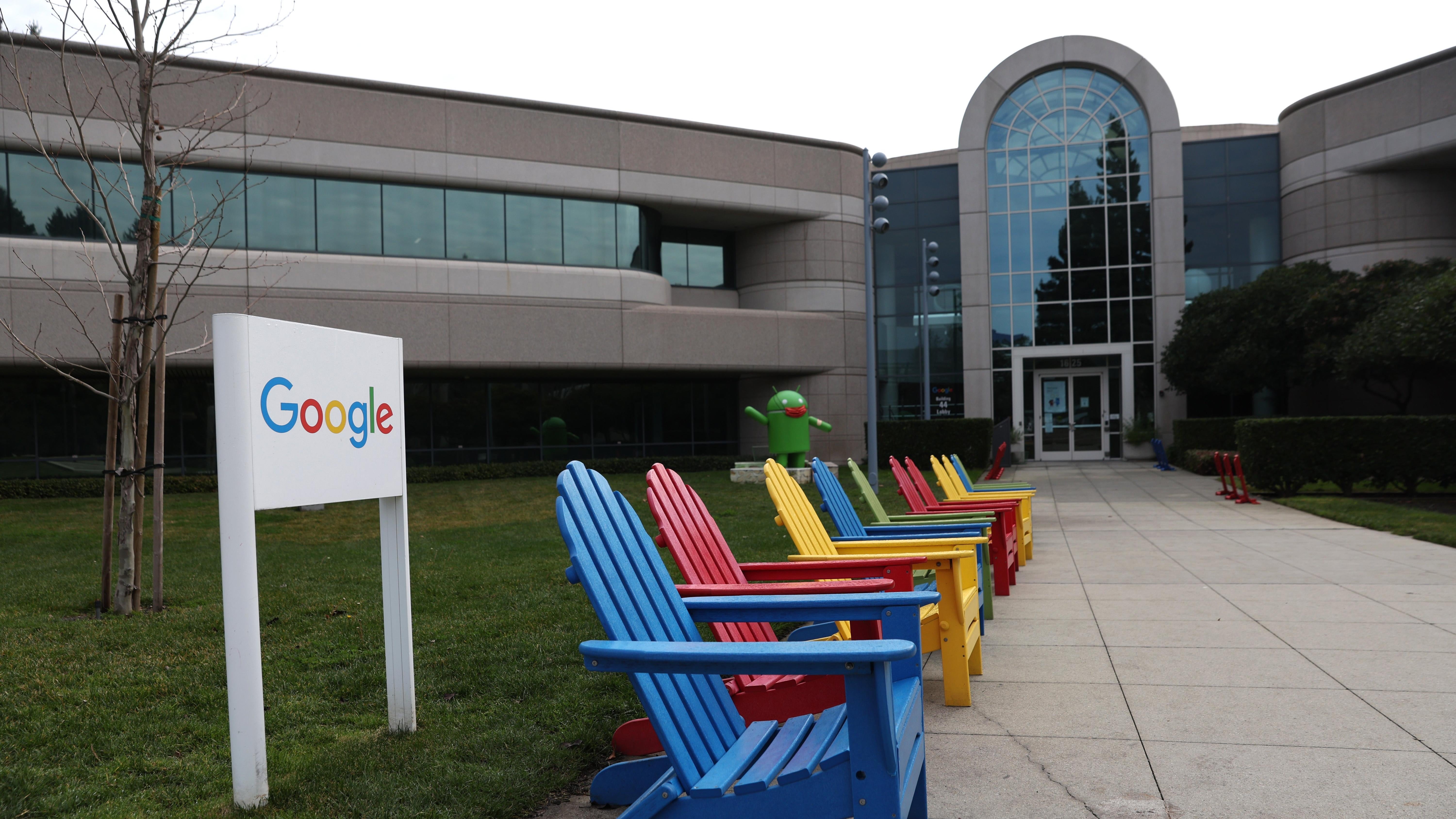
The big man on campus, Google, apparently wants more security options in its ever-growing suite. The buyout was revealed in March, which means the cyber security company would be joining Google Cloud. Google is well-known for gobbling up smaller companies just to add them to its own suite of products. It also acquired LED maker Raxium earlier this year to the tune of $US1 ($1.44) billion.
Kaseya Acquires Datto for $9 Billion
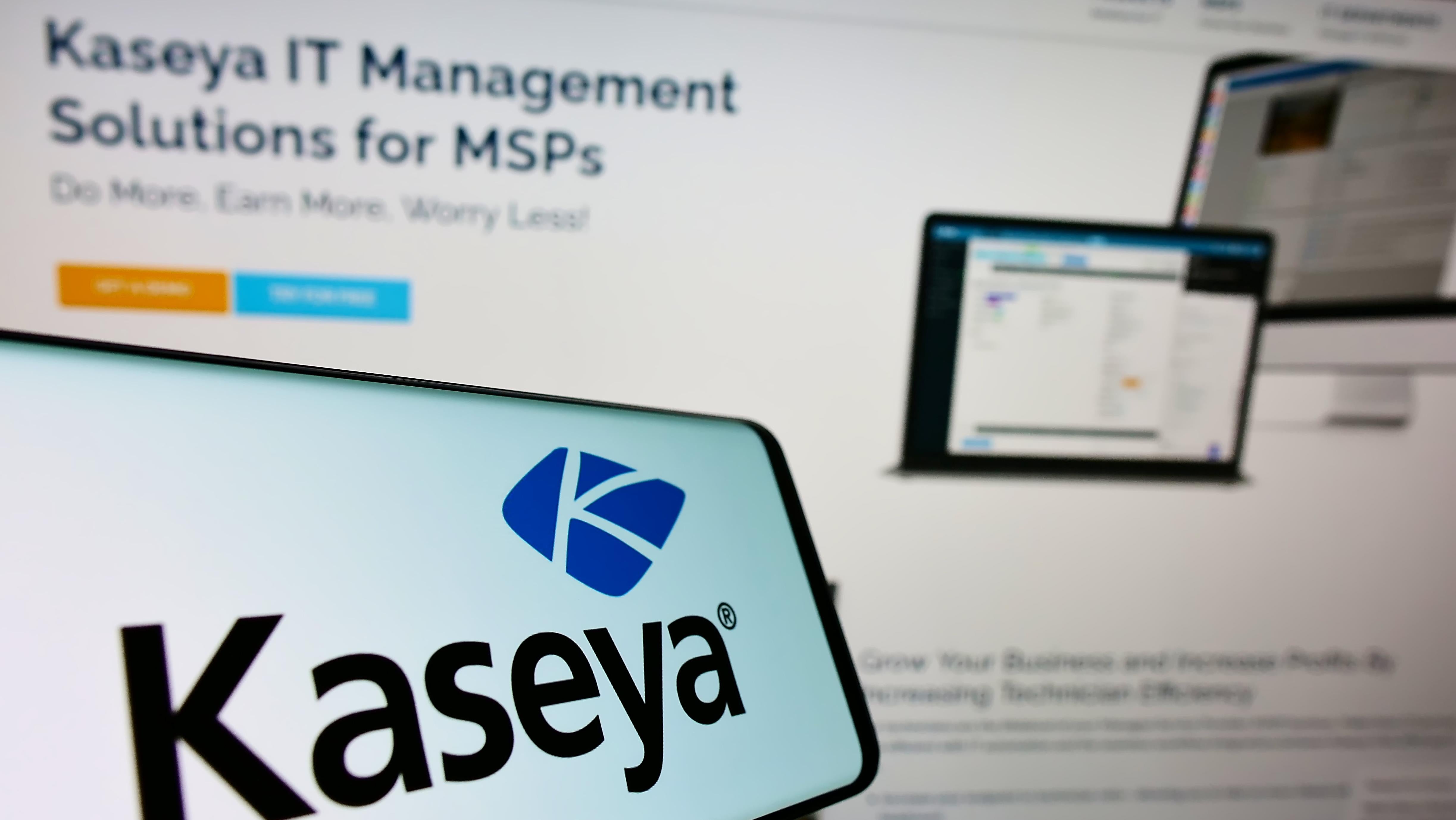
Kaseya, a computer IT and security company, announced in April they were buying Datto, another software security company. Doing so took the latter private, and Kaseya promised they’d keep the latter’s brand alive, just under a new umbrella. The security company also promised that list prices would be reduced thanks to the purchase. If you think you’ve heard of Kaseya before, its because their customers were targeted in a large-scale ransomware attack back in 2021
Take Two Interactive Acquires Zynga for 17 Billion
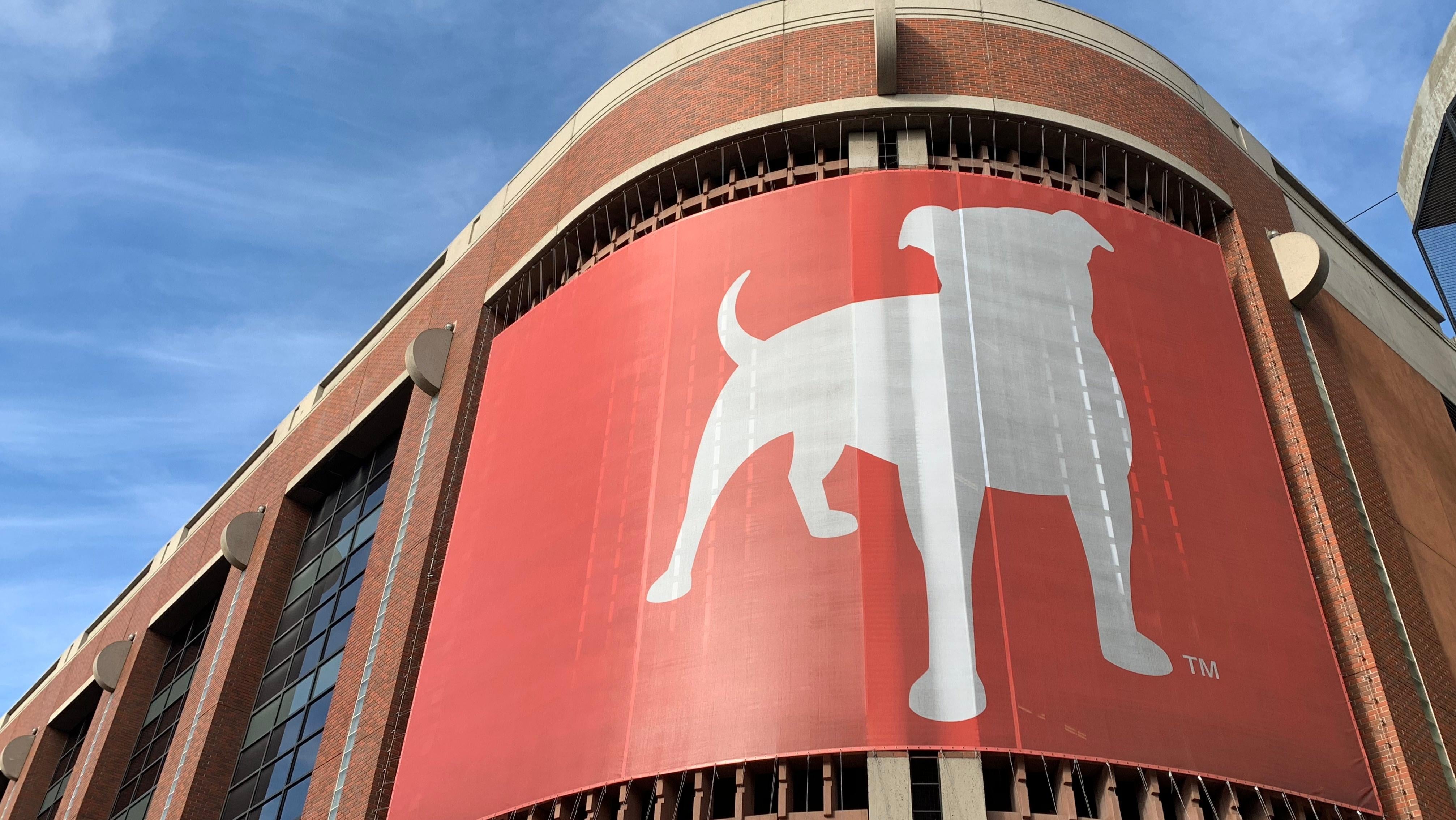
The video game publisher Take Two wanted in on mobile games, and was willing to pay through the nose to get it. The company announced the merger in January and said the deal was completed in May. It meant that Take Two now had control over games like Farmville and Call of Duty: Mobile for the purpose of making money off timewaster-type mobile games. There are other, bigger game company mergers happening this year that would make $US12 ($17) billion dollars seem like pocket change.
Two Private Equity Firms to Acquire Citrix for $23 Billion
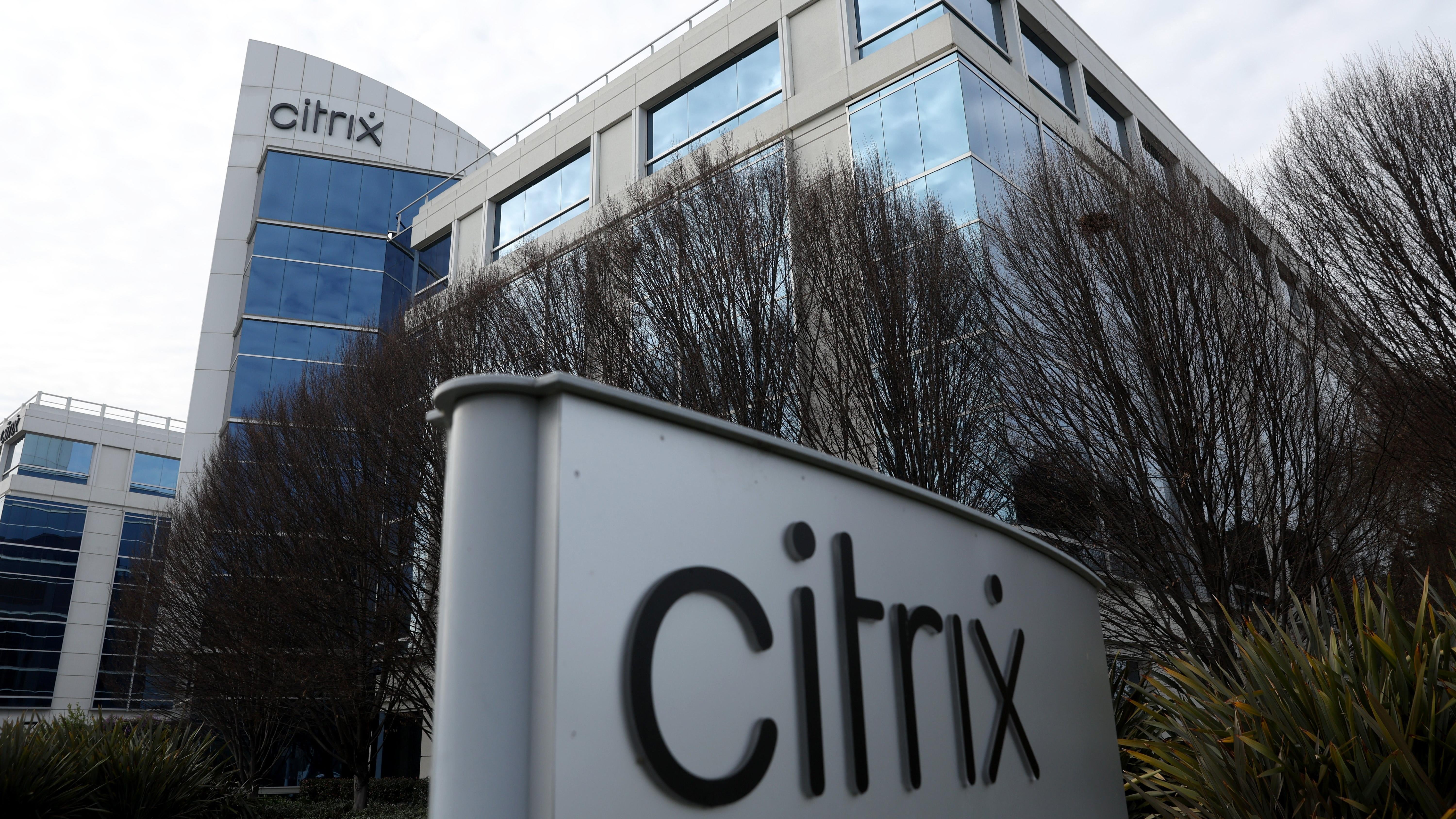
Citrix, a cloud computing company, announced it was going home with two paramours, instead of just one. In January, the company said affiliates of PE firms Vista Equity and Evergreen Coast Capital were acquiring the company. The company wants to go private, and it also merges it with the business intelligence software company TIBCO, according to TechCrunch.
Elon Musk Was Set to Acquire Twitter for $61 Billion, then It Blew Up
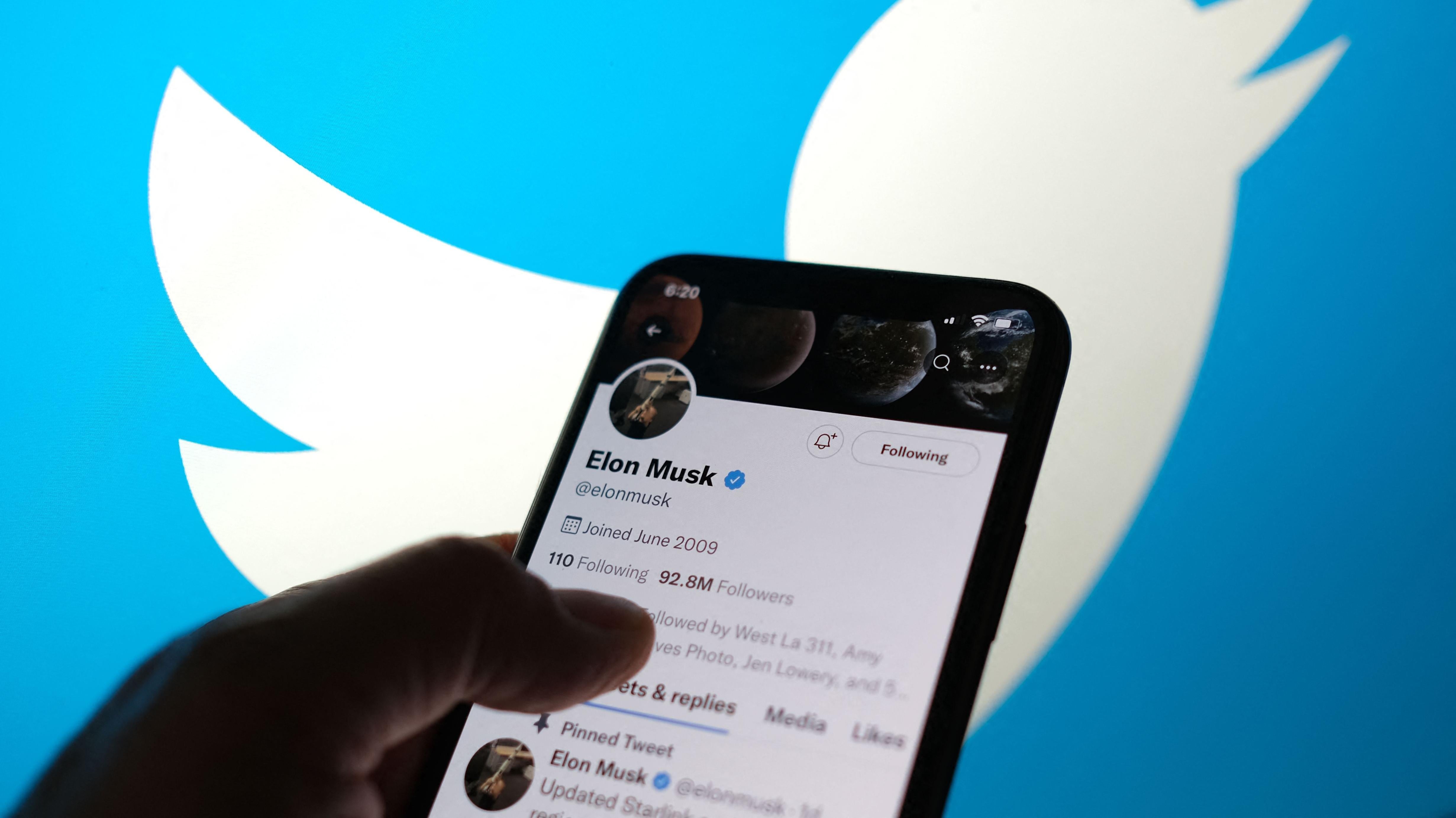
When Tesla CEO originally announced his bid for Twitter April 25, one of the first questions regulators asked was whether when Musk first bought stock in the company his inevitable plan was to offer his deal. Musk claimed his near-10% stake in the company he purchased in early April was passive. Despite the warning signs, Musk’s deal still cleared FTC regulatory review at the start of June. That was, until Musk blew the whole thing up by announcing he wanted to pull out. Now Twitter is taking Musk to court to try and make him follow through, so there’s no way of knowing what will happen and how long this buyout will actually take.
Broadcom to Acquire VMware for $85 Billion
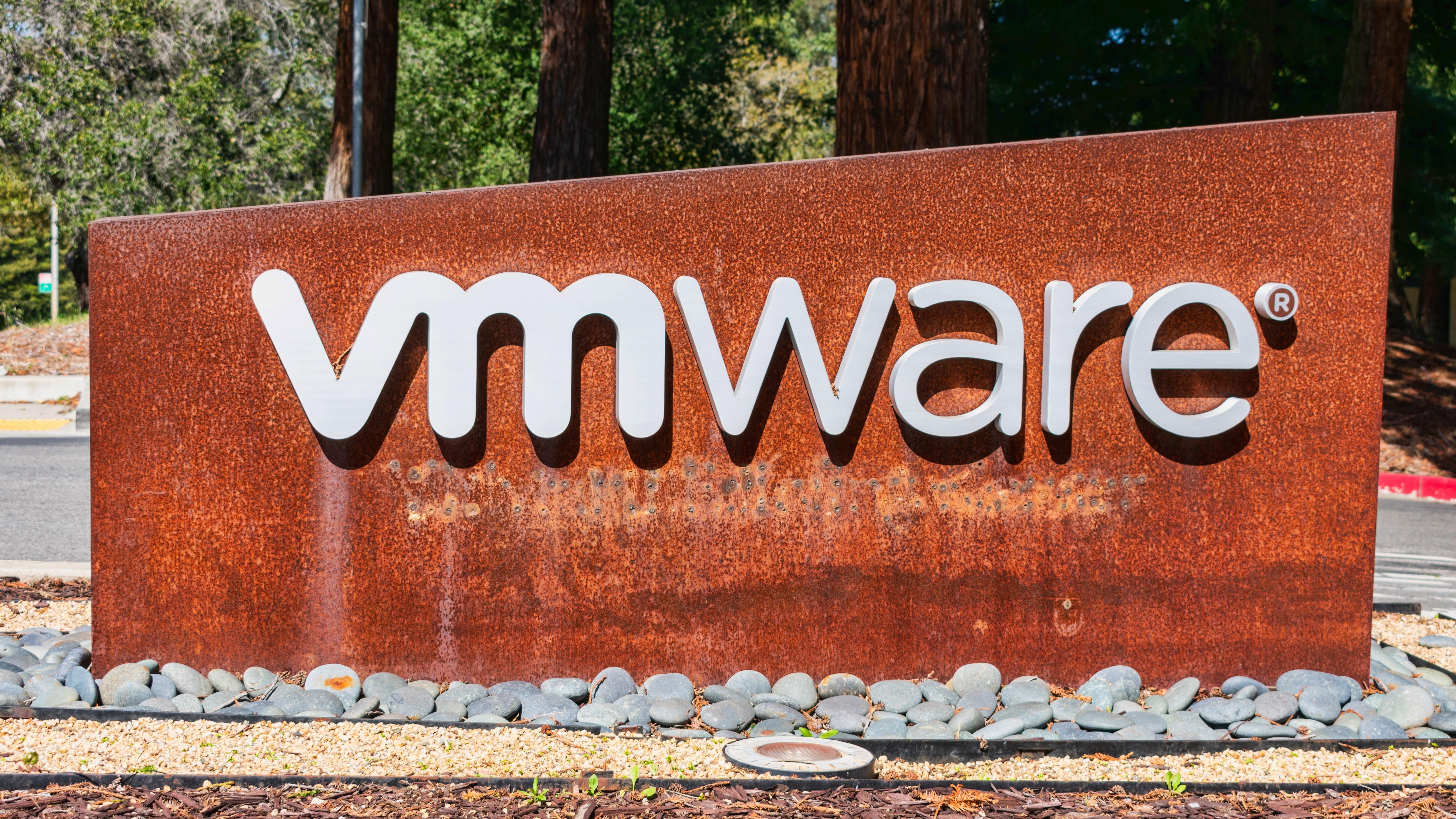
In May, semiconductor supplier Broadcom announced it wasn’t going small at all with its expansion hopes. Its $US61 ($85) billion bid for cloud computing company VMware, which was just recently spun out of Dell. The company had to answer obvious questions with the Securities and Exchange Commission such as “why?” when it had just made the case that its value was in independence. Its answers were the usual “growth” arguments, but one can imagine another big reason has to the do with dollar signs and the number of zeroes present in Broadcom’s offer.
Microsoft to Acquire Activision Blizzard for $95 Billion
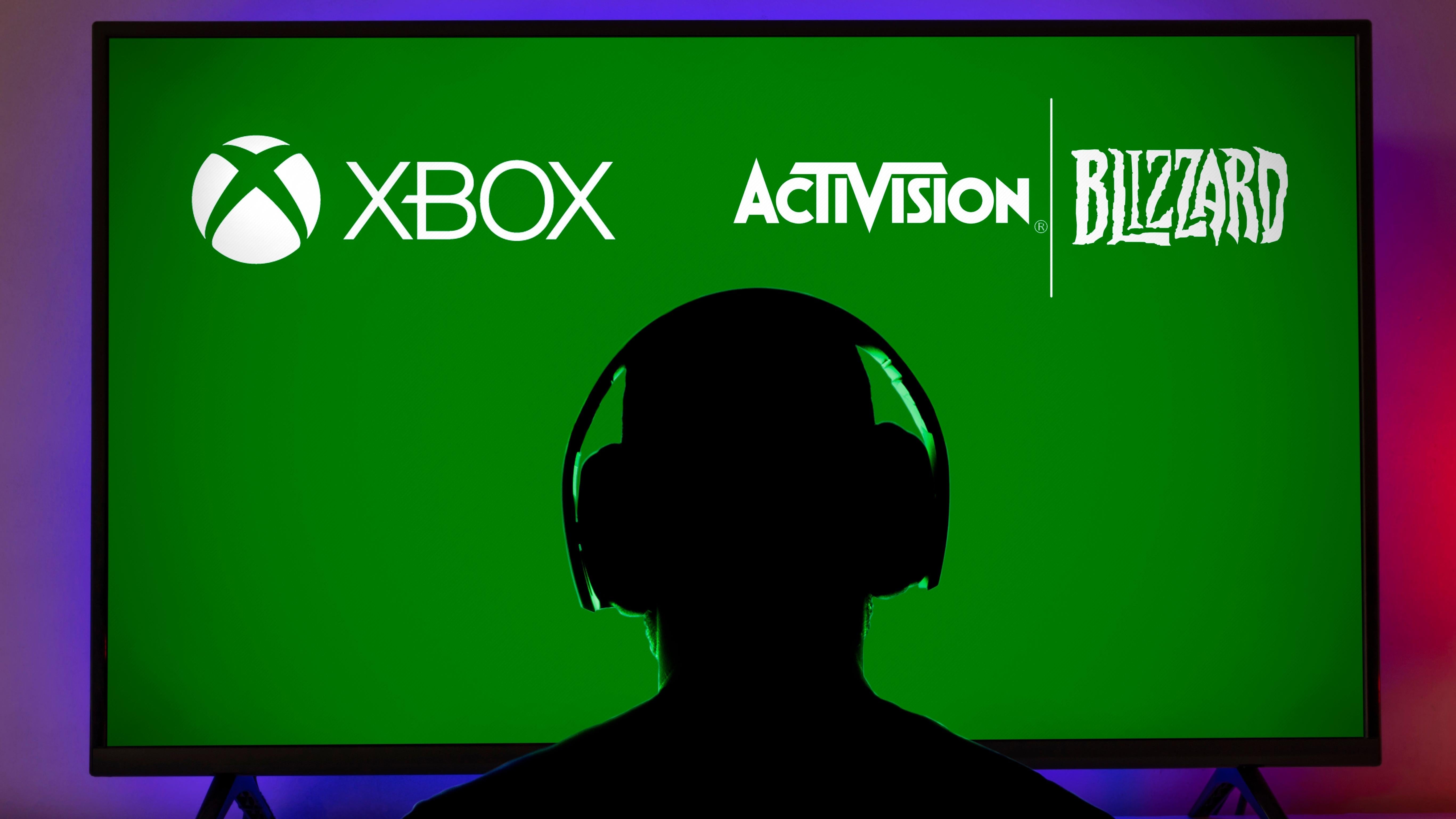
What is easily the most massive acquisition of the year has also become one of the most analysed purchases during this new era of acquisition scrutiny. Originally announced in January, the $US68.7 ($95) billion buyout has created whole new considerations for both companies. Now the FTC has said they were looking at the merger’s potential impact on workers. It just so happens that Microsoft has been making overtures to unions to make their bid sound that much more appealing. In July, U.K. regulators announced they were investigating whether the deal is anticompetitive, which is just another speed bump on Microsoft’s multi-billion dollar deal.
